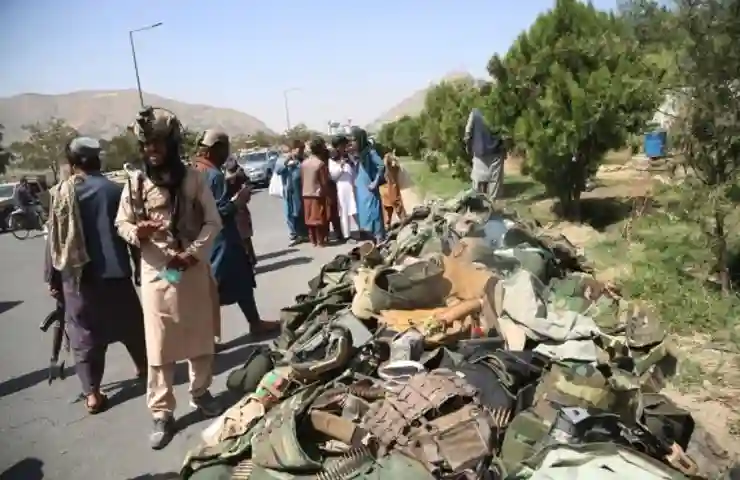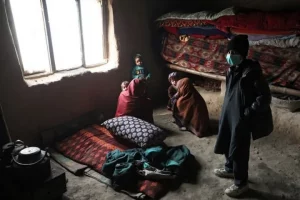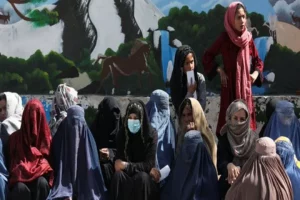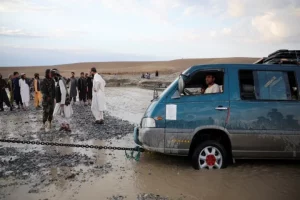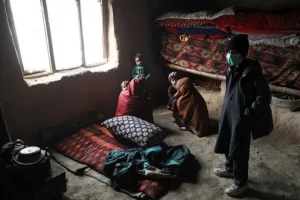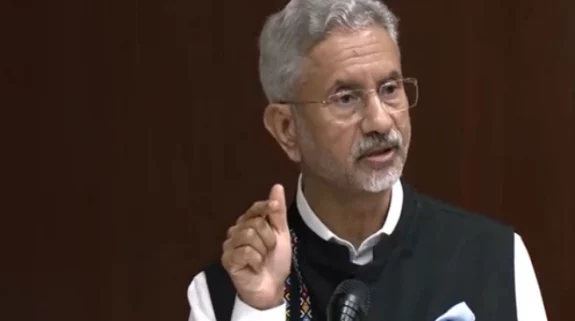The tragedy for the Afghan people is unending. With the country collapsing, the common Afghan is either scouting for money to feed himself or looking for ways to escape their new government.
With almost no work and economic activity in a shambles after the Taliban takeover, people are selling their household items in Kabul's markets. Everything is on sale–right from electronics to crockery. Also on sale are cushions to carpets and home furniture.
Most people are selling off their possessions for a pittance. Al Jazeera quotes a seller, Shukrullah as saying: "We bought these carpets for 48,000 Afghanis but now I can’t get more than 5,000 Afghanis for all of them".
The common Afghan is feeling the pinch as banks are not allowing them to withdraw their own money.
For many others it is a double tragedy. Many Afghans had fled the violence from other parts of the country to Kabul, hoping to find refuge in their capital city. Their relief was short lived as the Taliban advance was not only unexpected but also swift. Even Kabul could not provide them with safety from the Taliban.
News agency AFP profiled one of the sellers in a Kabul market. Mohammad Ehsan, an out-of-work labourer after the cancellation of housing projects, said: "We don't have anything to eat, we are poor and we are forced to sell these things". Ehsan, who had brought two blankets to sell, added: "Rich people were in Kabul, but now everybody has escaped".
Despite promises of a new and a changed Taliban, the people are not convinced of what the militants say.
Even though the Taliban has formed its government, conditions in the war-torn country are far from settled. Just about a week back the UNDP had said that Afghanistan was tottering on the brink of "universal poverty".
In a dire prediction, the UN said that Afghanistan was not just facing economic disaster but also on the verge of a social disorder. It added that as soon as next year, poverty in Afghanistan could spiral to include up to 97 per cent of the population.
Since early this year, as the country was facing an increased offensive from the Taliban, human development parameters over food, health, water and sanitation had been dropping fast. The coronavirus pandemic was an added threat as Afghans began moving towards their borders to Iran and Pakistan to escape the civil war.
Kabul's bazaars are now full of sellers as well as repair men who are rectifying faulty electronic equipment. Most people who are turning up in the markets are clear that they want to sell their possessions and flee the country.






